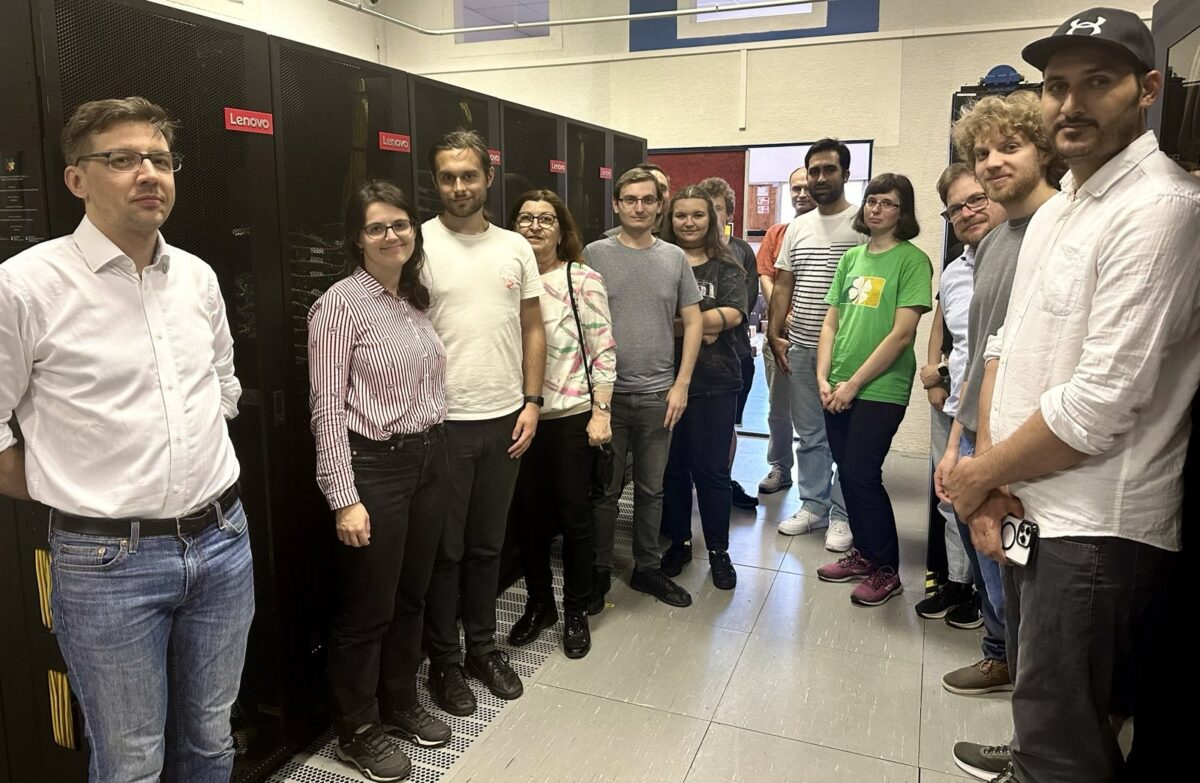NCC Slovakia & NCC Poland: ORCA Hands-on Workshop
V dňoch 21. a 22. mája 2024 sa v Bratislave uskutočnil ORCA workshop took place in Bratislava. This two-day workshop, organized by the national competence centers for HPC from Slovakia and Poland, focused on the ORCA quantum chemistry software package. Participants were introduced to the basics as well as selected advanced techniques of working with ORCA, with a significant portion of the workshop dedicated to practical exercises.
The workshop began with the registration and welcome of participants, followed by a presentation of the EuroCC 2competence center project. Instructor Klemens Noga from Cyfronet, the HPC center in Krakow, introduced the Polish HPC ecosystem and the opportunities available to users in the field of computational chemistry.
During the first day, the instructor focused on the practical aspects of setting up ORCA on HPC systems. Participants were introduced to the setup and operation of HPC clusters, best practices for installing ORCA, and the SLURM tool, which is used for managing computational tasks. They were familiarized with the structure and syntax of input files required for basic quantum chemical calculations, such as single-point energy calculations, property calculations, and geometry optimization. The workshop also covered output analysis, extraction of useful information, and visualization of results for better interpretation and presentation.
The second day began with more advanced computational options in ORCA. Participants learned how to set up calculations for vibrational frequencies, relativistic corrections, and spectroscopic properties. The instructor also focused on explaining scalability metrics, strategies for improving performance, and the efficiency of parallel computations on HPC systems, which the participants then practically tested. In the afternoon, participants worked on redox potential calculations and went through case studies prepared based on their own materials. The final part of the workshop dealt with troubleshooting calculations and sharing best practices to maximize the efficiency and accuracy of computations in ORCA.
The program also included a tour of the Devana supercomputer at the Computing Center of the Slovak Academy of Sciences. The event provided participants with fundamental knowledge and skills for working with the ORCA package in the field of quantum chemical computations on HPC systems. We believe the workshop was beneficial to the participants and assisted them in their work on their own research projects. The ORCA package is part of the software suite of the Devana system, and its license is freely available to all academic users.
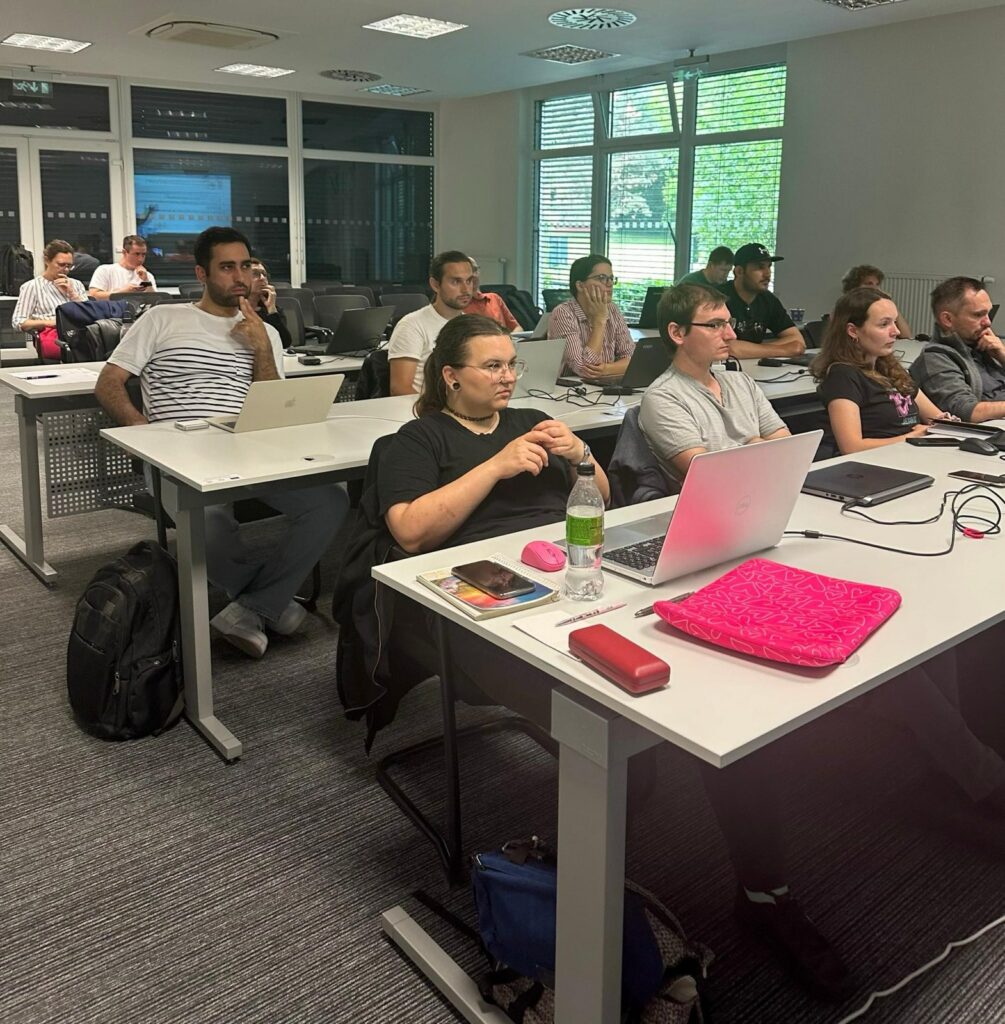
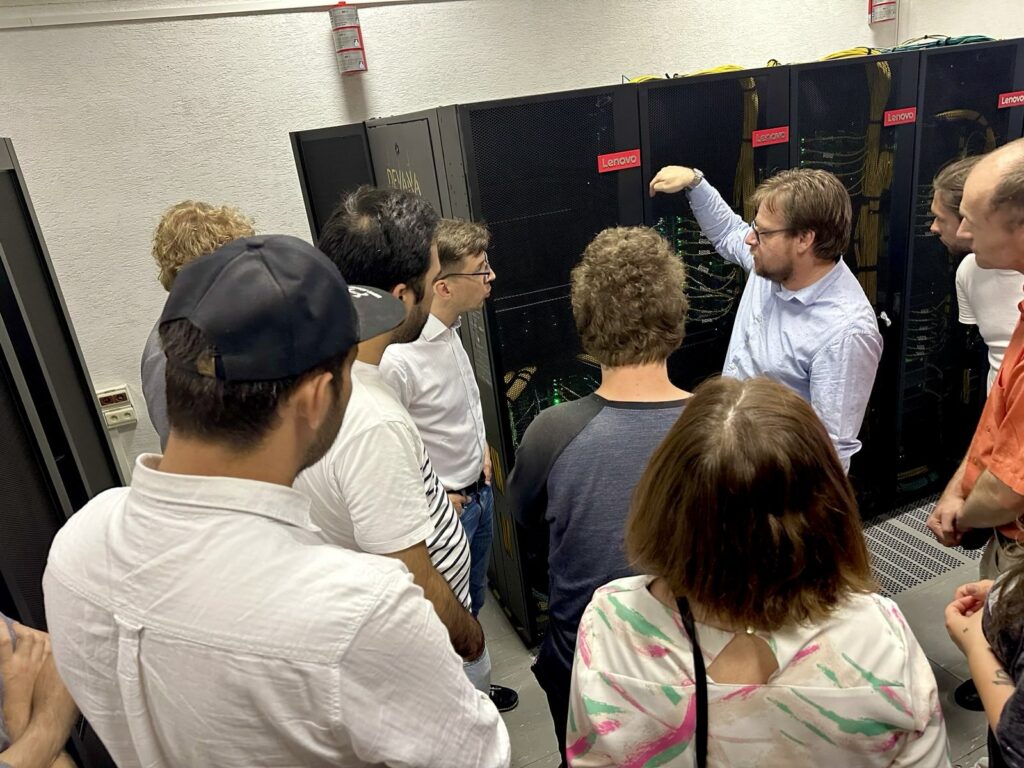
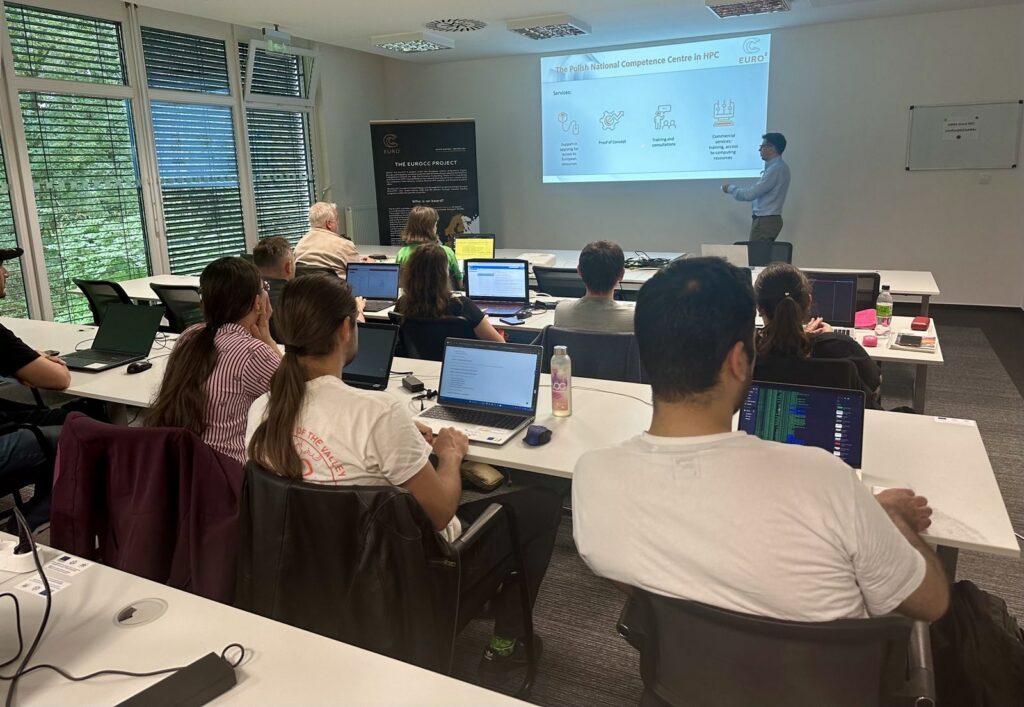
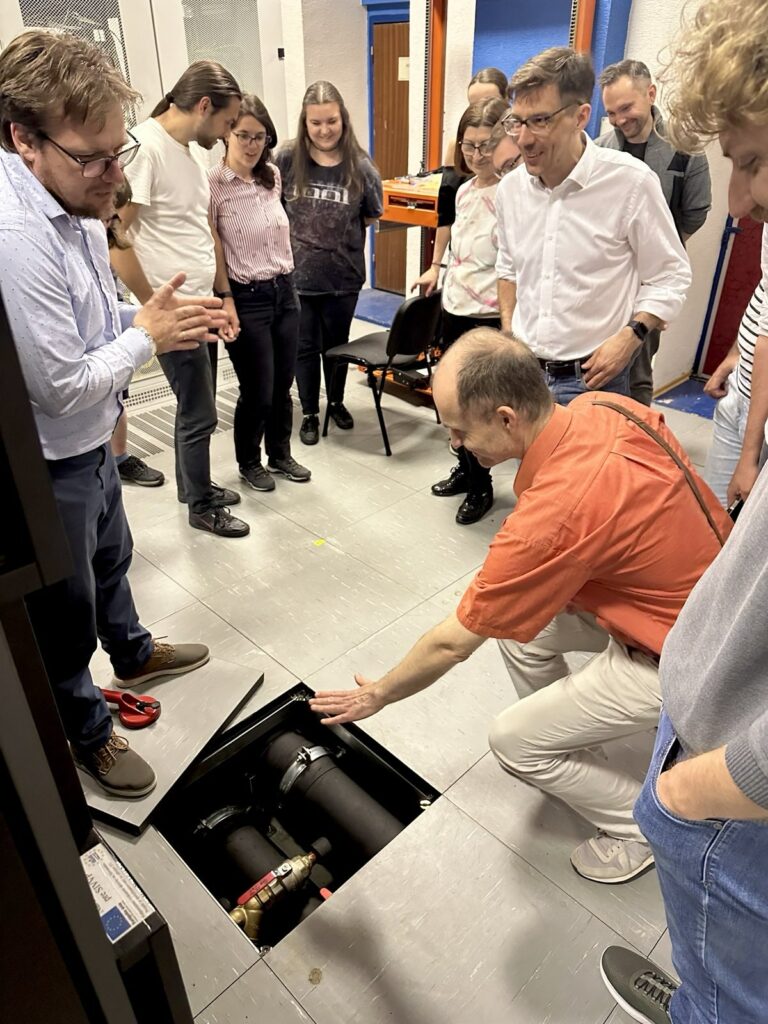
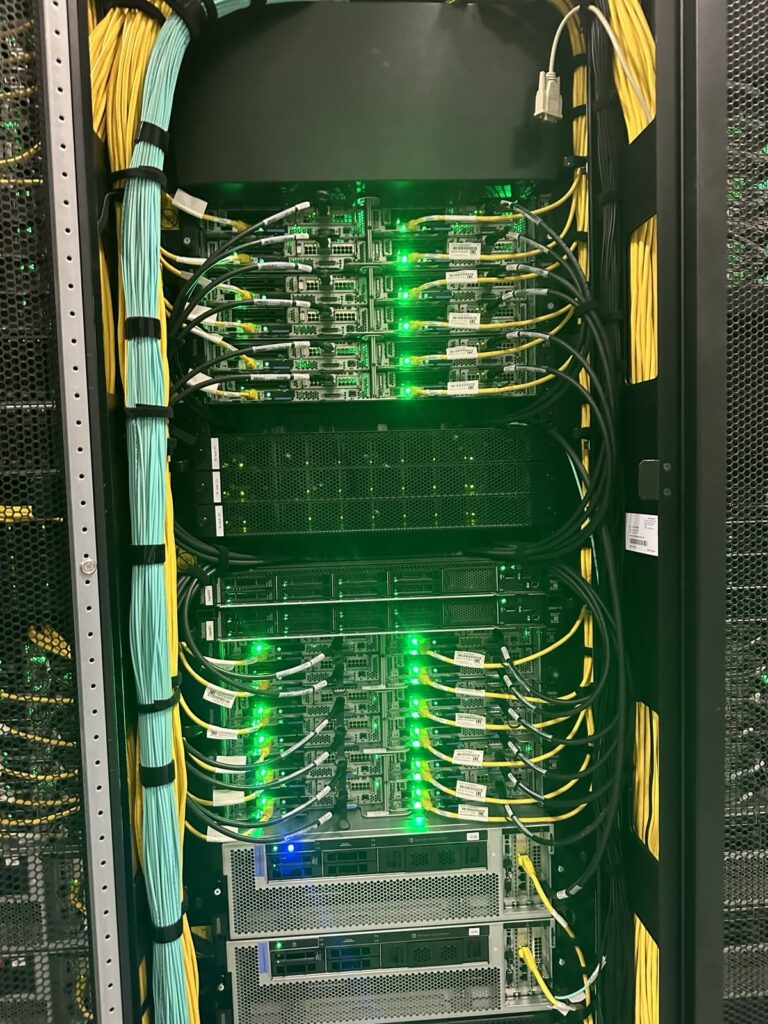
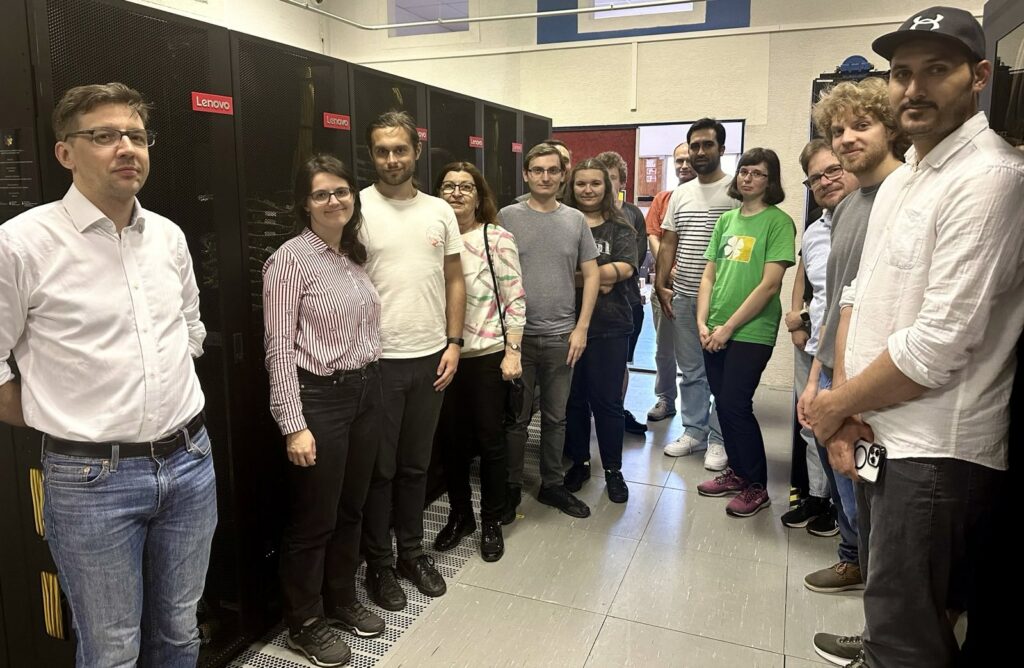
 BeeGFS in Practice — Parallel File Systems for HPC, AI and Data-Intensive Workloads 6 Feb - This webinar introduces BeeGFS, a leading parallel file system designed to support demanding HPC, AI, and data-intensive workloads. Experts from ThinkParQ will explain how parallel file systems work, how BeeGFS is architected, and how it is used in practice across academic, research, and industrial environments.
BeeGFS in Practice — Parallel File Systems for HPC, AI and Data-Intensive Workloads 6 Feb - This webinar introduces BeeGFS, a leading parallel file system designed to support demanding HPC, AI, and data-intensive workloads. Experts from ThinkParQ will explain how parallel file systems work, how BeeGFS is architected, and how it is used in practice across academic, research, and industrial environments.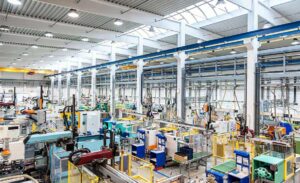 When a production line knows what will happen in 10 minutes 5 Feb - Every disruption on a production line creates stress. Machines stop, people wait, production slows down, and decisions must be made under pressure. In the food industry—especially in the production of filled pasta products, where the process follows a strictly sequential set of technological steps—one unexpected issue at the end of the line can bring the entire production flow to a halt. But what if the production line could warn in advance that a problem will occur in a few minutes? Or help decide, already during a shift, whether it still makes sense to plan packaging later the same day? These were exactly the questions that stood at the beginning of a research collaboration that brought together industrial data, artificial intelligence, and supercomputing power.
When a production line knows what will happen in 10 minutes 5 Feb - Every disruption on a production line creates stress. Machines stop, people wait, production slows down, and decisions must be made under pressure. In the food industry—especially in the production of filled pasta products, where the process follows a strictly sequential set of technological steps—one unexpected issue at the end of the line can bring the entire production flow to a halt. But what if the production line could warn in advance that a problem will occur in a few minutes? Or help decide, already during a shift, whether it still makes sense to plan packaging later the same day? These were exactly the questions that stood at the beginning of a research collaboration that brought together industrial data, artificial intelligence, and supercomputing power.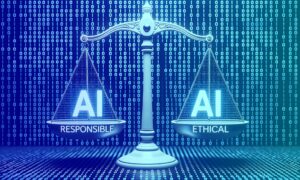 Who Owns AI Inside an Organisation? — Operational Responsibility 5 Feb - This webinar focuses on how organisations can define clear operational responsibility and ownership of AI systems in a proportionate and workable way. Drawing on hands-on experience in data protection, AI governance, and compliance, Petra Fernandes will explore governance approaches that work in practice for both SMEs and larger organisations. The session will highlight internal processes that help organisations stay in control of their AI systems over time, without creating unnecessary administrative burden.
Who Owns AI Inside an Organisation? — Operational Responsibility 5 Feb - This webinar focuses on how organisations can define clear operational responsibility and ownership of AI systems in a proportionate and workable way. Drawing on hands-on experience in data protection, AI governance, and compliance, Petra Fernandes will explore governance approaches that work in practice for both SMEs and larger organisations. The session will highlight internal processes that help organisations stay in control of their AI systems over time, without creating unnecessary administrative burden.
